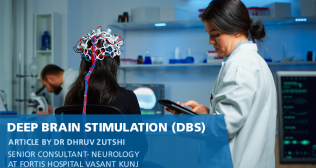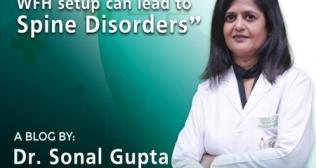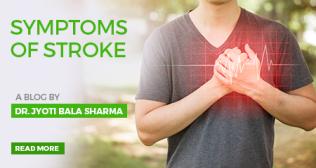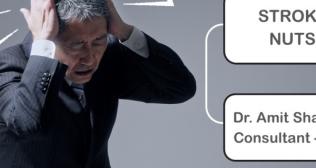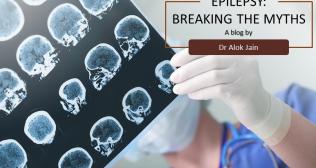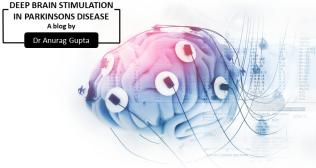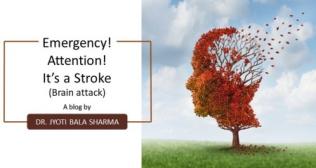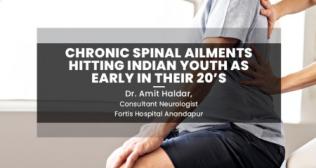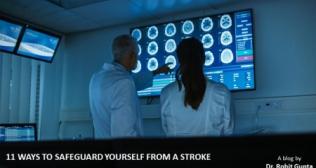
Post Stroke Depression: Recognition and Treatment
Many stroke survivors experience feelings of anger, frustration, anxiety, sadness, fear, and hopelessness. Since stroke leads to a major change in a patients ability to cope with activities which we normally take for granted , these emotions are common post-stroke and affects more than one third of stroke survivors
HOW TO RECOGNISE POST STROKE DEPRESSION
To recognizing post stroke depression, a stroke survivor should be evaluated for depression if he/she had several of these symptoms for more than two weeks.
Warning symptoms of depression after stroke
- Feelings of helplessness, hopelessness, and/or worthlessness.
- Loss of interest in life, activities or hobbies.
- Social withdrawal.
- Persistent sad, anxious or empty feelings.
- Sleep disturbances
- Difficulty concentrating or remembering details
- Expressing of dying and suicidal thoughts.
- Aches, pains, headaches and digestive problems that do not ease with treatment.
- Frequent crying episodes
- Poor appetite or decrease in appetite
Can post stroke depression be treated ?
Untreated depression can lead to worsening of nutrition, incontinence, pain , fatigue and sleep pattern. Depressive thoughts can increase frustration and lead to poor interest in physical and speech therapy which is essential for speedy recovery. There are a various options for treatment of post-stroke depression. Consult with your healthcare professional to determine the best course of action. Common treatments include:
- Medication - Medications known as antidepressants are common treatments for post-stroke depression . Antidepressant medications interact with chemicals in the brain called neurotransmitters to improve mood. Most of them act by increasing the serotonin levels in brain
- Cognitive behavioral therapy- This therapy works on identification of feelings and thoughts which lead to development of depression
- Mental Health Therapy - Medication is often combined with mental health therapy provided by a psychologist, psychiatrist, social worker, or counsellor.
Role of Nutrition
Serotonin is a chemical secreted by the brain which controls our appetite and our emotions too. Improving nutrition and increasing food rich in omega 3 fatty acid, vitamin B , folic acid and complex carbohydrates helps in fighting depression and improvement of mood
- Fish, flaxseed, walnuts are rich in omega 3 fatty acids and improve brain health
- Brown rice, oatmeal and whole wheat boost neurotransmitter chemicals in the brain that affect mood.
- Dark chocolate helps fight fatigue and reduce stress.
- A deficiency in folic acid (found in beans, oranges, and broccoli) is linked to depression; folic acid boosts neurotransmitters and promotes cognition.
- Vitamin B12 (eggs, milk, liver) increases energy and alertness.
How can caregivers help in fighting post stroke depression
- Encourage a structured routine increasing walking, regular physical and speech therapy as well as gradually developing in activities of daily living like eating bathing etc.
- Keep patient upbeat and encourage but have realistic expectations about what can be achieved.
- Avoid daytime sleeping by a simple walk outdoor or sometime in the garden, which can really help.
- Evaluation by health care provider to asses need for medications (pharmacotherapy and psychotherapy) for treatment of depression.
Categories
Clear allMeet the doctor

- Neurology | Neurology
-
21 Years
-
1000







